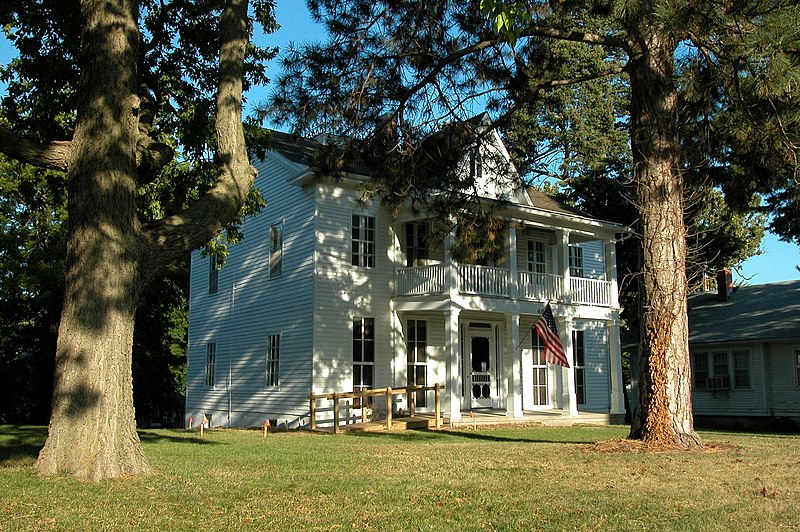- 14 3402-5578
- Rua Hygino Muzy Filho, 737, MARÍLIA - SP
- contato@latinoobservatory.org
 Fonte: NPGallery
Fonte: NPGallery
An article published by NBC News covers the history of Russell City, a predominantly black and Latino community that has been demolished and replaced with industrial warehouses. Through accounts from residents and descendants, we are introduced to the vibrant past of this community, which played an important role in the fight against racist housing policies in the San Francisco Bay Area.
Aisha Knowles shares her personal experience of growing up hearing stories from family members about life in Russell City. However, she notes that when people approach her about Russell City these days, they express anger. This indicates that the memory of the community is fraught with frustration and injustice.
The text discusses the use of eminent domain to acquire the private properties in Russell City and the subsequent development of the land by the developers. This process of forced relocation took place in 1967, and many residents had to leave their homes and their memories behind. Only decades later, the City of Hayward issued an apology for the destruction of Russell City.
However, not everyone agrees with the search for reparation and justice. Donna Whitmore, a Hayward resident, is part of a group that believes Russell City's history is being co-opted to serve an unfair narrative of unjust government actions against African Americans. Whitmore argues that the issue is not a matter of race, but rather of class, and that the relocation was a matter of civic progress.
There are also mentions of ongoing efforts to research and investigate whether Russell City's land was improperly confiscated and to make recommendations to local authorities about possible reparations. The City of Hayward hired researchers to examine compensation records and determine the city’s role in the relocation process. However, these efforts are the target of criticism from different groups involved, each expressing concerns about the validity of the research results and the use of public resources.
The fight for justice and reparations in Russell City is still ongoing. Residents and descendants continue to fight for their rights and seek ways to heal the injustices of the past. The story of Russell City is an example of how black and Latino communities faced discrimination and had their land and homes taken away, and how the legacy of these injustices still affects their lives today.
The text leads us to reflect on the complexities of
history, memory, and reparation. It highlights the differing perspectives
within the Hayward community and the tensions that exist over how to deal with
past injustices. By presenting diverse voices and contrasting opinions, it
invites us to consider the importance of an open and inclusive dialogue in the
pursuit of justice and reconciliation.











